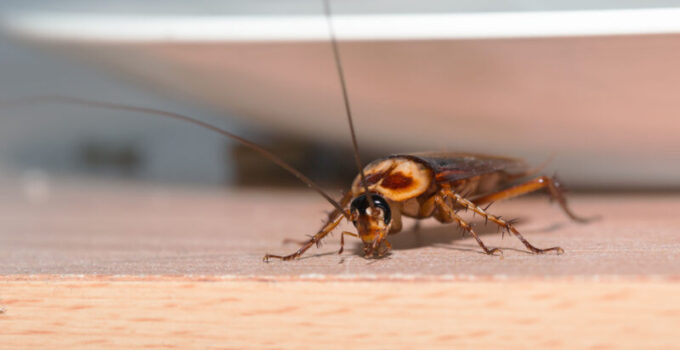Pest control is a complicated business. Every pest comes with its own set of behaviours and recommended treatments. So, it takes more than spraying a few bugs to get rid of them. No one enjoys seeing ants, flies, cockroaches, and other domestic pests in their home, but eliminating them may be difficult and costly, and chemical management is frequently used. Luckily, there are a number of easy tactics and home materials that may be used to establish a safe and pesticide insect defence system, some of which you may already have on hand.
If you’re not sure where to begin, check out the following rules of thumb. For more information, check out ExterminatorPeterborough’s website.
Page Contents
Clean up the house
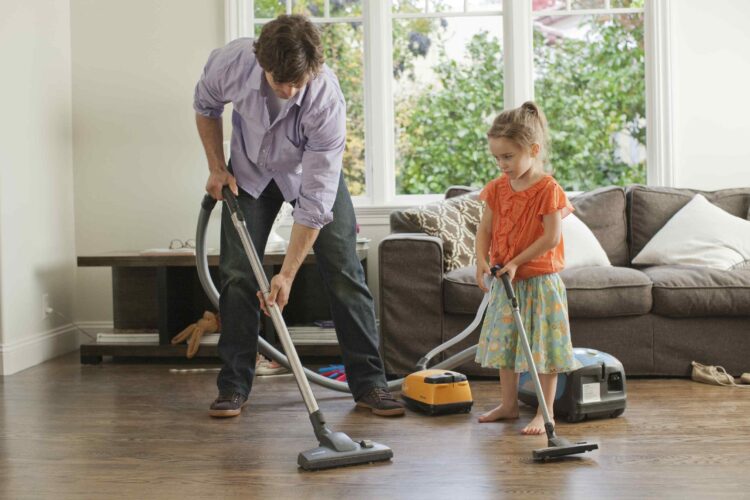
Source: parents.com
Cleaning up won’t get rid of pests, but it certainly helps. Doing the dishes, vacuuming, and wiping down the countertops gets rid of the crumbs and grease that keep pests alive. When you clean, you encourage the pests to feed on the baits that you place around the house, which makes your treatments more effective. Tidying up also helps to get rid of hiding spots, making it easier for you to monitor progress.
So, put it some elbow grease! Deep clean the house at the start of the extermination, then keep it up. The cleaner, the better.
Keep food out of reach
Store everything you keep in your pantry in sealed containers, like glass jars with tight-fitting lids. Things like flour, sugar, cereal, oatmeal, beans, and lentils should be completely out of reach. Be careful when using butter dishes and sugar bowls. If a bug can crawl inside it, it can feed from it. The last thing you want to do is let pests get into your food.
Block entry points
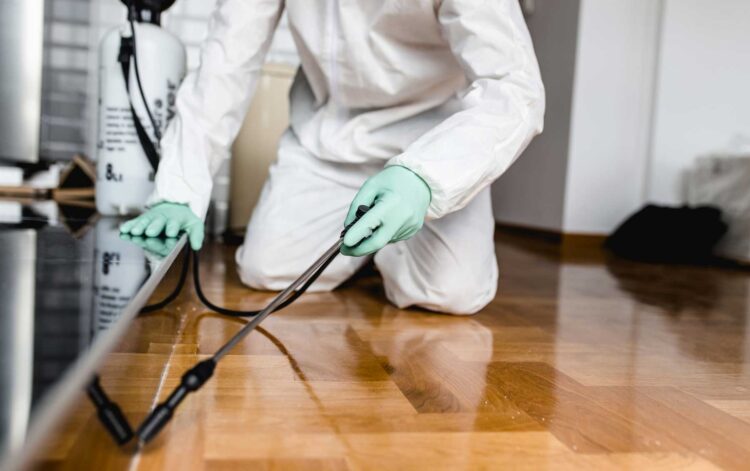
Source: zonehomesolutions.com
Pest control professionals recommend that you block entry points to trap the pests in your home and prevent more from coming inside. Inspect your home very carefully and seal every opening you find. If you live in a high rise, try to exclude your unit from your neighbors.
Here are some of the most common points of entry:
- Torn window screens
- Door gaps
- Cracks in the foundation
- Wall vents
- Soffit gaps
- Cable lines and plumbing
- Cracked window/door frames
- Kitchen cabinets
Keep in mind that rodents can chew through expanding foam. Use silicone caulking, thick steel mesh, door sweeps and epoxies to keep pests out.
Lower the humidity
Insects thrive in humid environments. Get a dehumidifier if you home is a little humid and ventilate thoroughly. Fix any faucets that drip and avoid having standing water, like a sink full of dirty dishes. Use the exhaust fan when cooking and taking a shower.
Cover your garbage cans
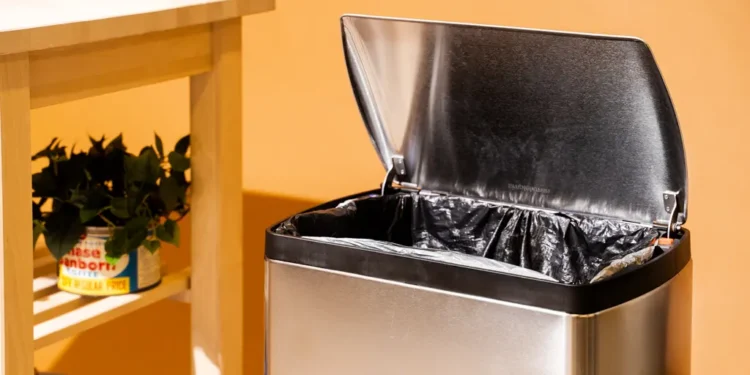
Source: nytimes.com
Garbage is a major food source for pests, so it’s important that you cover your garbage cans. Get a lidded garbage can for the kitchen and disinfect it every few days to reduce odours. Take out the garbage at the end of every day. Secure your garbage bins with bungee cords and store them in a shed or garage until collection day. We frequently question how to clean the kitchen after pest treatment, but it’s actually rather simple, and having a trash disposal is essential. Garbage should ideally be thrown of every day. Garbage buildup can result in rat, rodent, and cockroach infestations. This is exacerbated when you discover decaying food particles all throughout the place. This can transmit infections, particularly if you’re not careful.
Keep the yard clean
Pests like mice and ants come from outside, so keeping the yard clean is a good idea. Move plants and objects away from the walls of the home and maintain the lawn to get rid of hiding spots. Cover the barbecue, put away the bird feeder, and pick up after your fruit trees. Just like the inside of the house, you should get rid of hiding spots and keep food out of reach. Fill up holes or pits where water can collect if you have a lawn or garden. Clean your pond or water feature on a regular basis if you have one in your garden. To avoid uncontrolled, bushy growths, trim the plants on a routine basis. To avoid unwelcome pests such as mosquitoes, rats, and ants, keep your yard nice and clean.
Use the right products
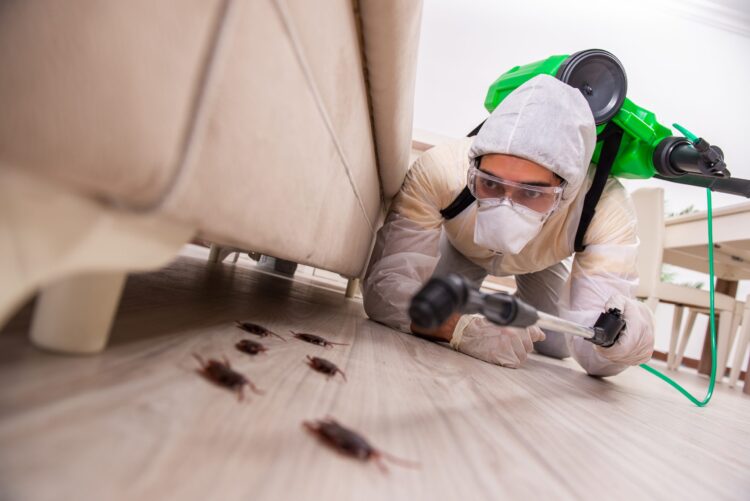
Source: pespro.com
Get the right product for the right pest. If you are getting rid of ants, find out which species you are dealing with, then use the products that are formulated for that species specifically. Sprays designed for cockroaches won’t necessarily work against bed bugs and vice versa. Follow the instructions on these products very carefully.
Do not mix products
Mixing pest control products can be dangerous. Baits and insecticides contain harmful chemicals that should not be combined. You risk hurting yourself or the people around you. It may also be totally ineffective. Research the pest you are exterminating and follow the instructions you are given.
Dispose of things properly
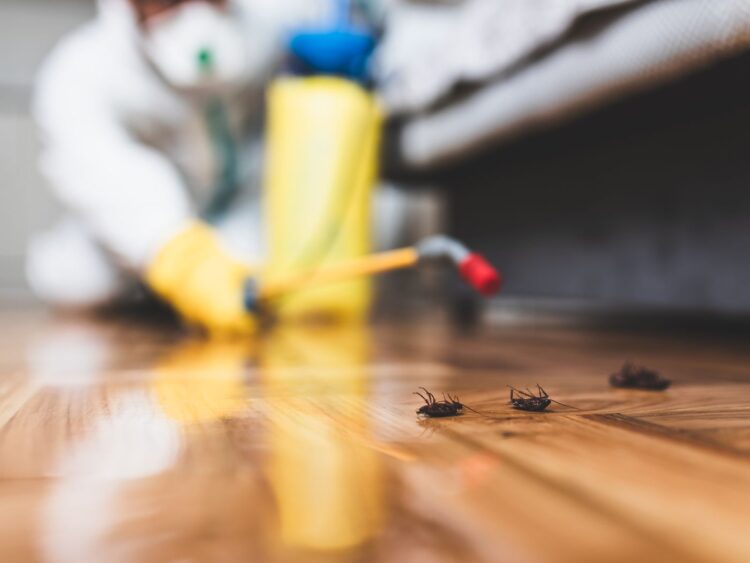
Source: thisoldhouse.com
Some municipalities have rules regarding the disposal of pest control products. So, look these up before you throw anything out. For your safety, you should also research how to clean up after the pests you are exterminating. Mouse droppings, for example, should never be vacuumed. Safety first. Do not handle pests with your bare hands – wear gloves, disinfect the pests, and throw them out in sealed plastic bags.
Watch out for bed bugs
Bed bugs differ from other pests because they feed on blood, and they are brought into the house by clinging to clothes and furniture. Always inspect your luggage when returning from a trip. You should also beware of used furniture and shared laundry services. If you have woken up with bites on your skin, or found a bug somewhere in your bed, contact a professional for help.
Monitor progress
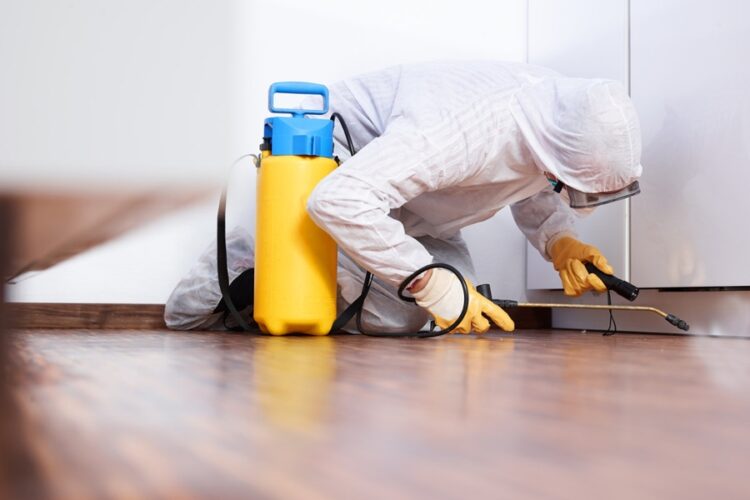
Source: hometriangle.com
Monitor your progress closely for best results. Don’t give up! Check traps every day and continue to treat the problem, even when you think it is over.
Hire a professional when you need help
Hire a professional as soon as you feel that the problem is getting out of hand. Some pests are incredibly difficult to get rid of, like bed bugs and cockroaches. A technician can get rid of the pests quickly, then help to keep them gone for good. A professional pest control service can provide you all the best services to get rid of all sort of pests in your home.

